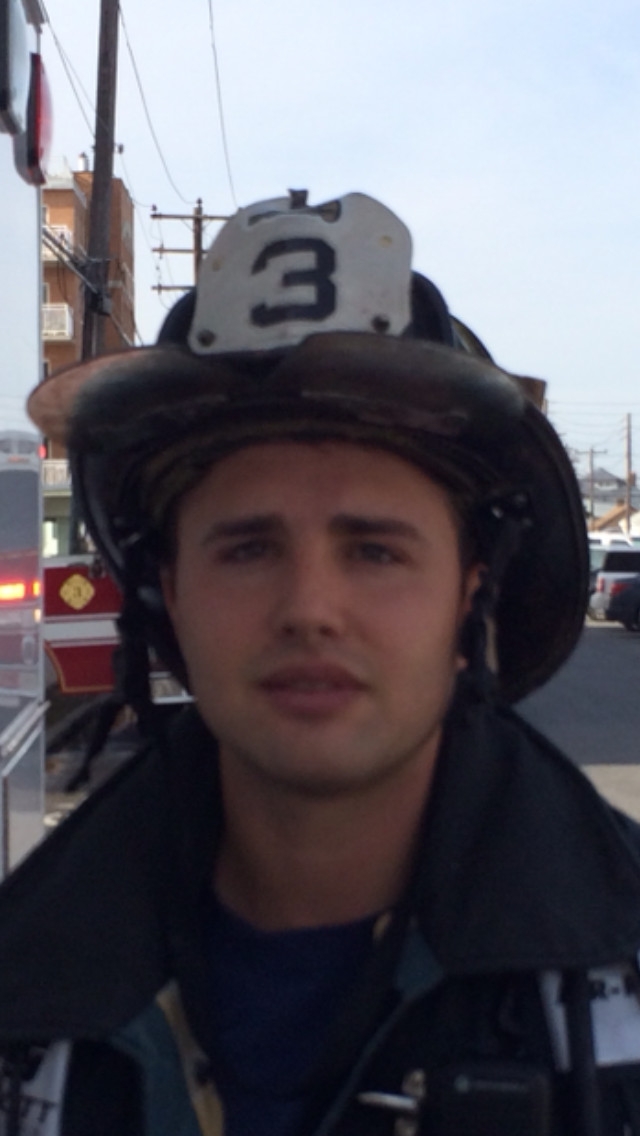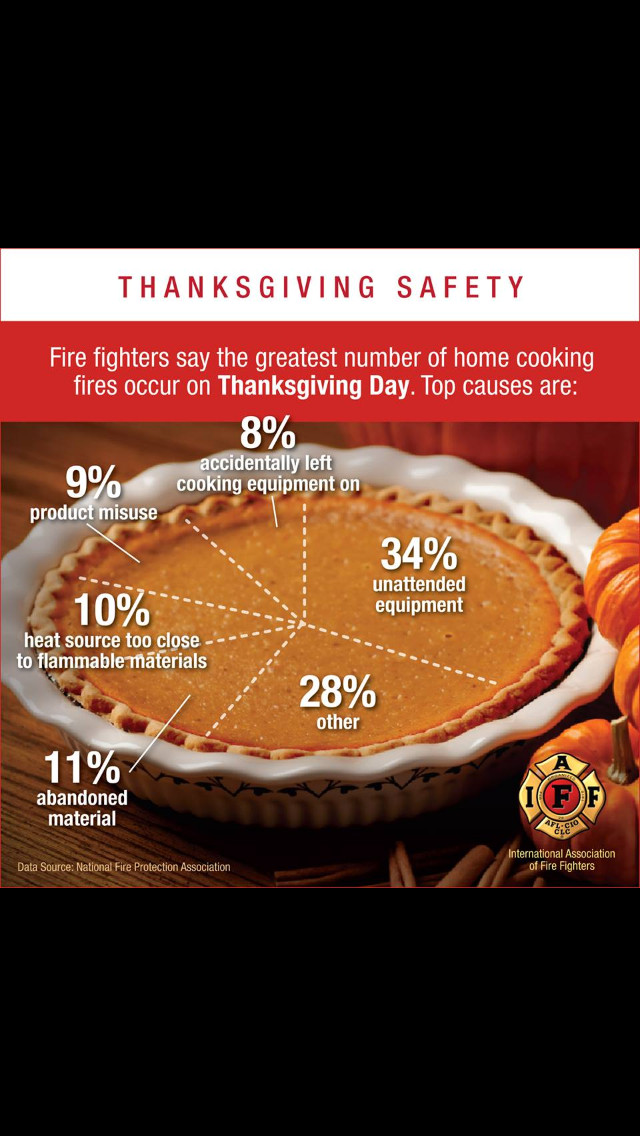Deep-fried turkey: very tasty … and very dangerous
Our homes will soon be filled with the aromas of food being cooked. Undoubtedly, some homes will also be filled with smoke — hopefully from a few overcooked appetizers rather than a kitchen or grease fire.
According to the National Fire Protection Association, home fires involving cooking peak during major holidays such as Thanksgiving and Christmas. Thanksgiving has triple the average number of fires involving cooking equipment.
Cooking fires are very common and usually avoidable. They are the most frequent cause of fires in homes. Cooking-related fires were responsible for 40 percent of all reported fires in homes, and in more than 80 percent of fires in apartment buildings. Unattended equipment is a key factor in one-third of those fires.
Where do these fires start? What causes them? Ranges or cook tops are the appliances involved in the majority of cooking fires. The most common cause of these fires is due to unattended cooking, with food igniting into fire. Two-thirds of house fires involving cooking equipment begin with the ignition of food, mostly being fat, oil, or grease; causing roughly three-quarters of civilian deaths, injuries and direct property damage associated with food ignitions.
Some appliances and ovens are designed to have high heat and flames within. Do not open the door of your oven or microwave if you see unusual flames or smoke inside. Keep the door closed, this will limit the spread of the smoke or fire, turn off the appliance, and call the Fire Department.
Follow these tips when cooking or dealing with a cooking fire:
• Stand by your pan. Don’t leave unattended food cooking on the stovetop.
• Put a lid on a grease fire to smother it, and then turn off the heat.
• Smother baking soda over a grease fire. It is an extinguishing agent. Never use flour instead of baking soda, it can increase the fire.
• Never move a burning pan — you can be badly burned or spread the fire.
• Never throw water on or use a water extinguisher on a grease fire. Water will only spread the fire. The force of the extinguisher can splash flaming grease out of the pan.
• Keep pot handles turned inward to prevent accidental spills of hot contents.

 53.0°,
Overcast
53.0°,
Overcast 





